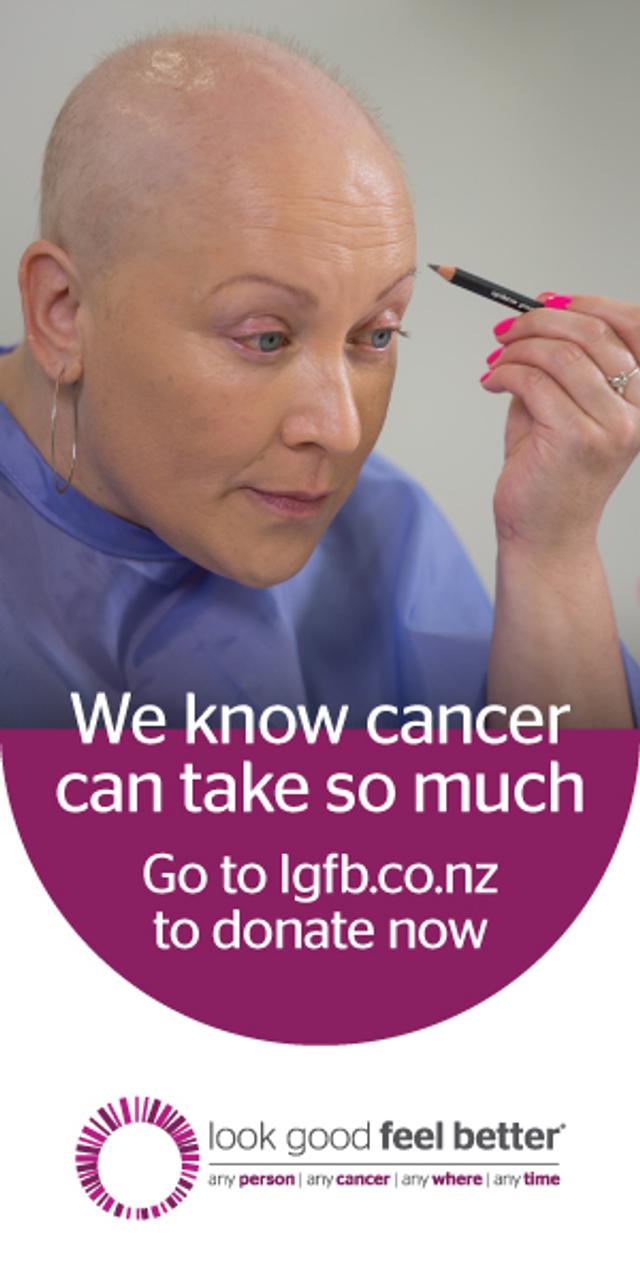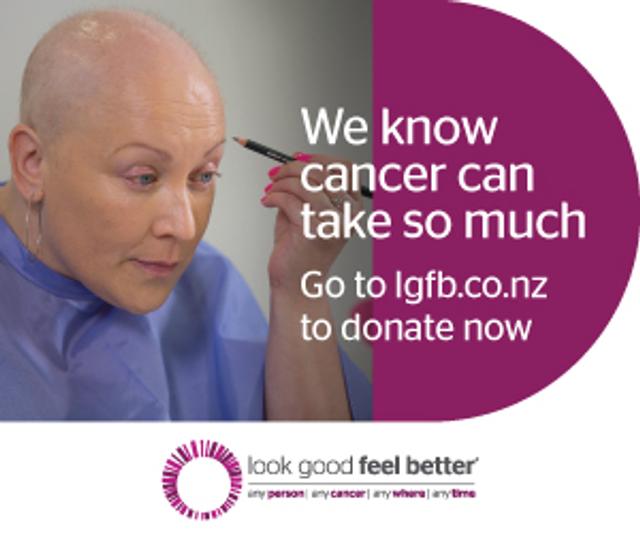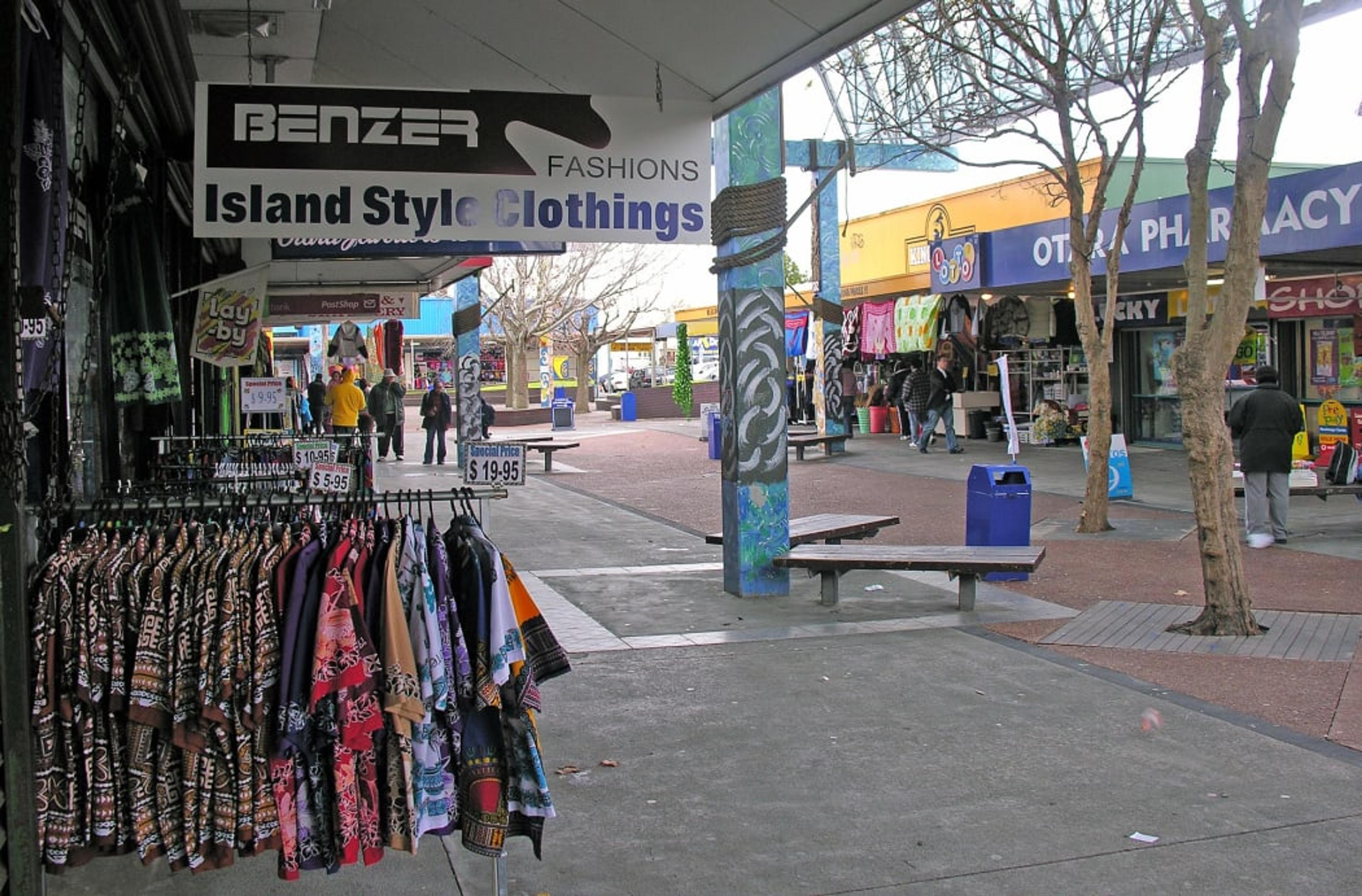
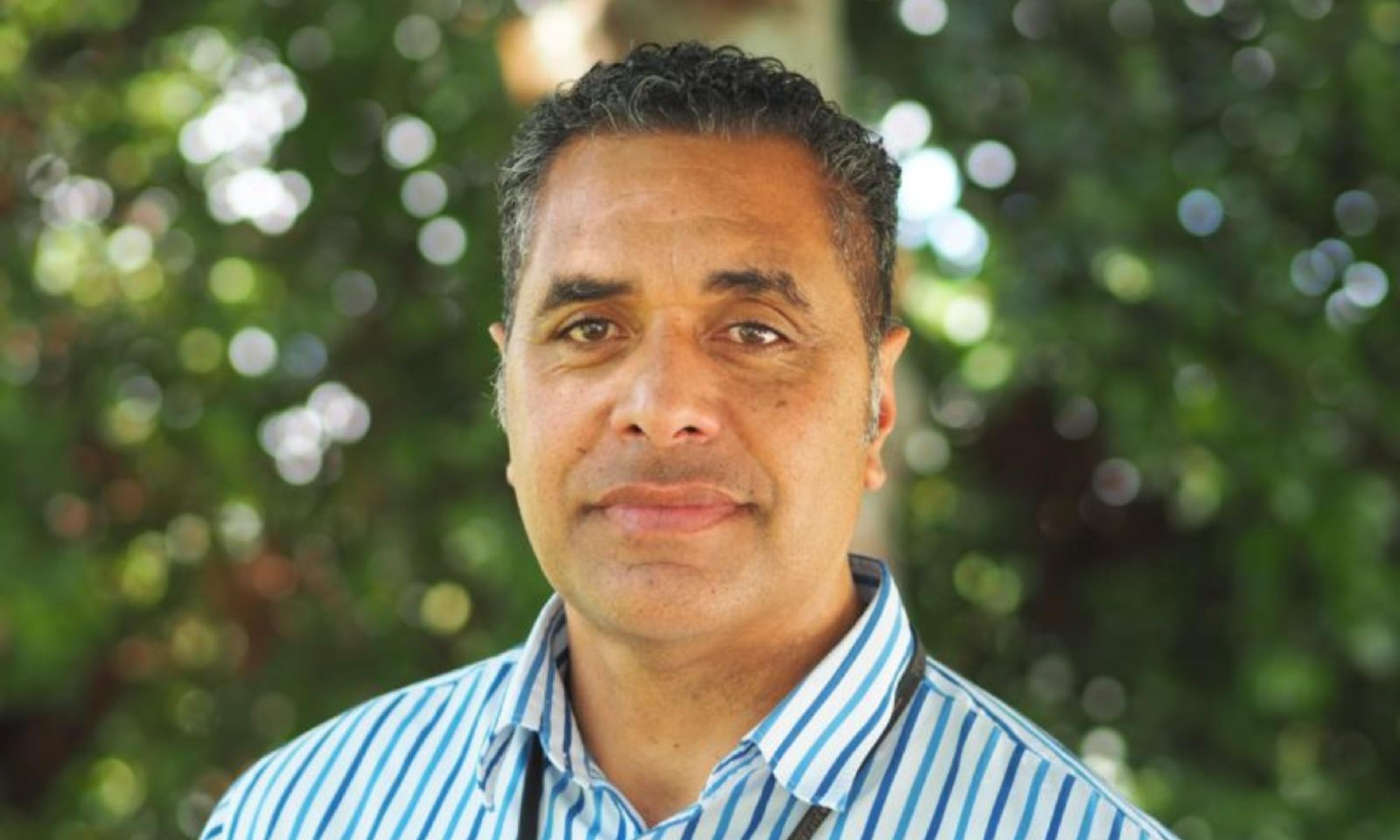
While Dr Siale Foliaki believes the government's mental health and addiction peer support plan could work, he wants further testing of the model to be rolled out.
Photo/Capri Sanctuary
Tongan psychiatrist sees benefit in govt's new crisis support model
Dr Siale ‘Alo Foliaki believes mental health and substance abuse peer support could benefit all emergency departments.
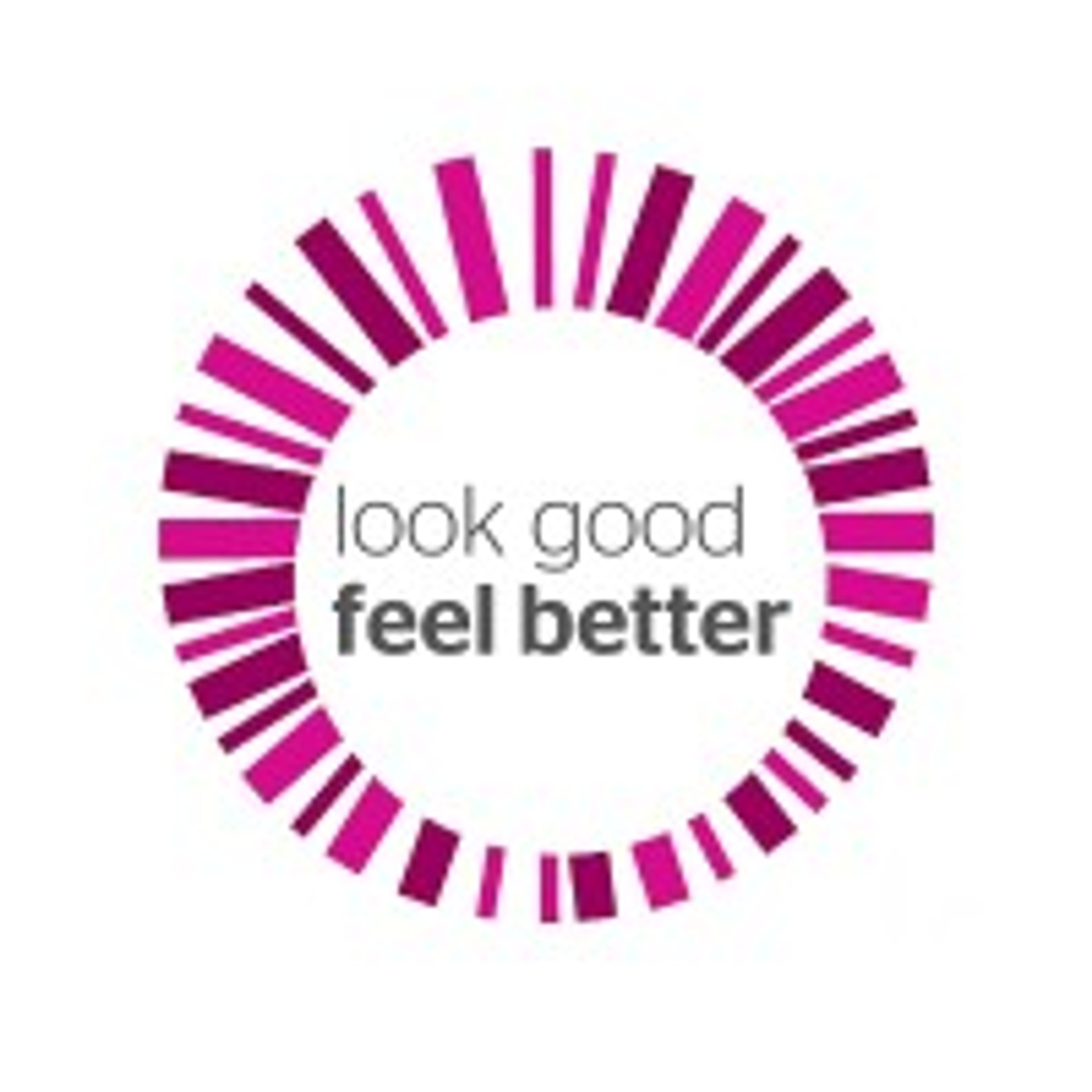

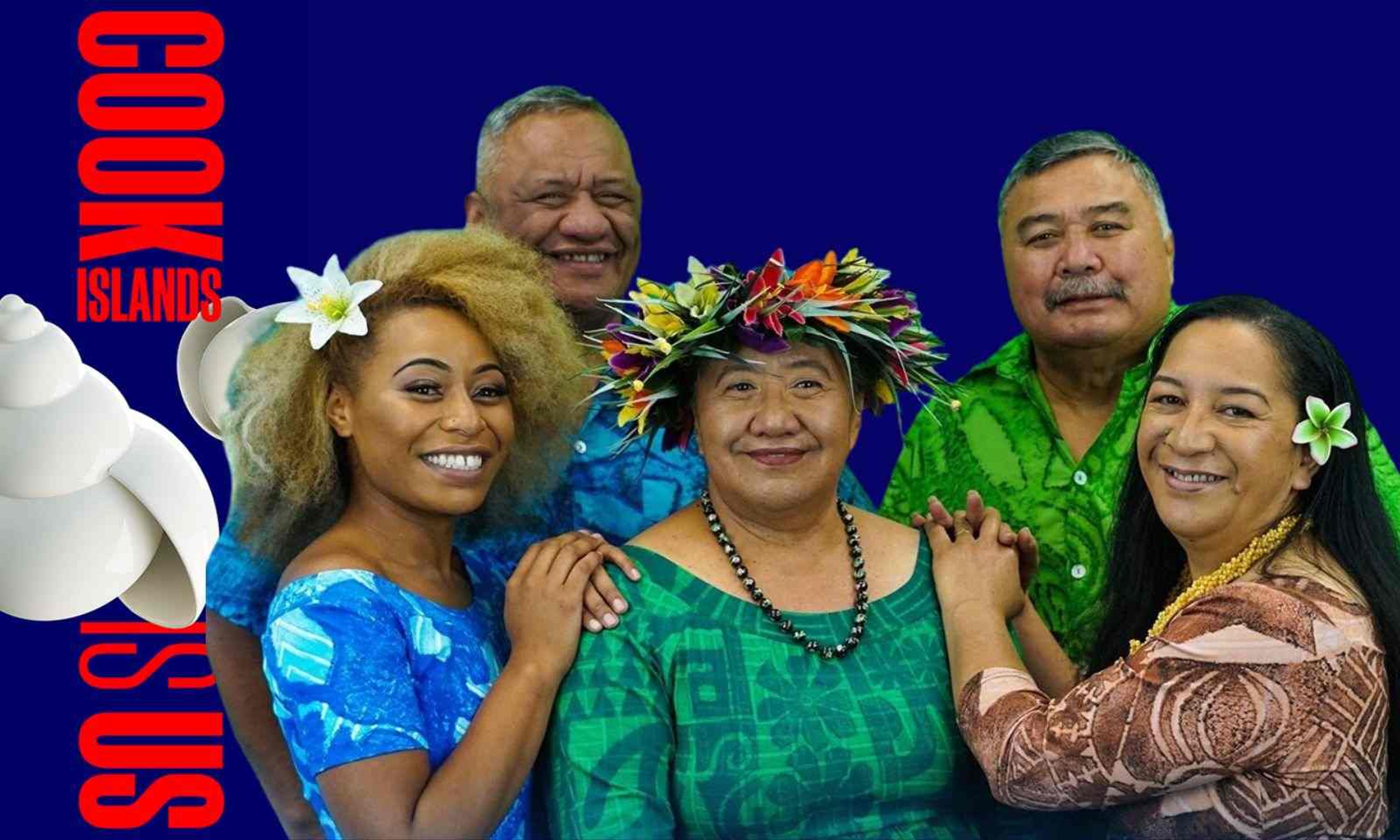

Fijian-Rotuman becomes first ever V8 Supercar driver of Pacific heritage
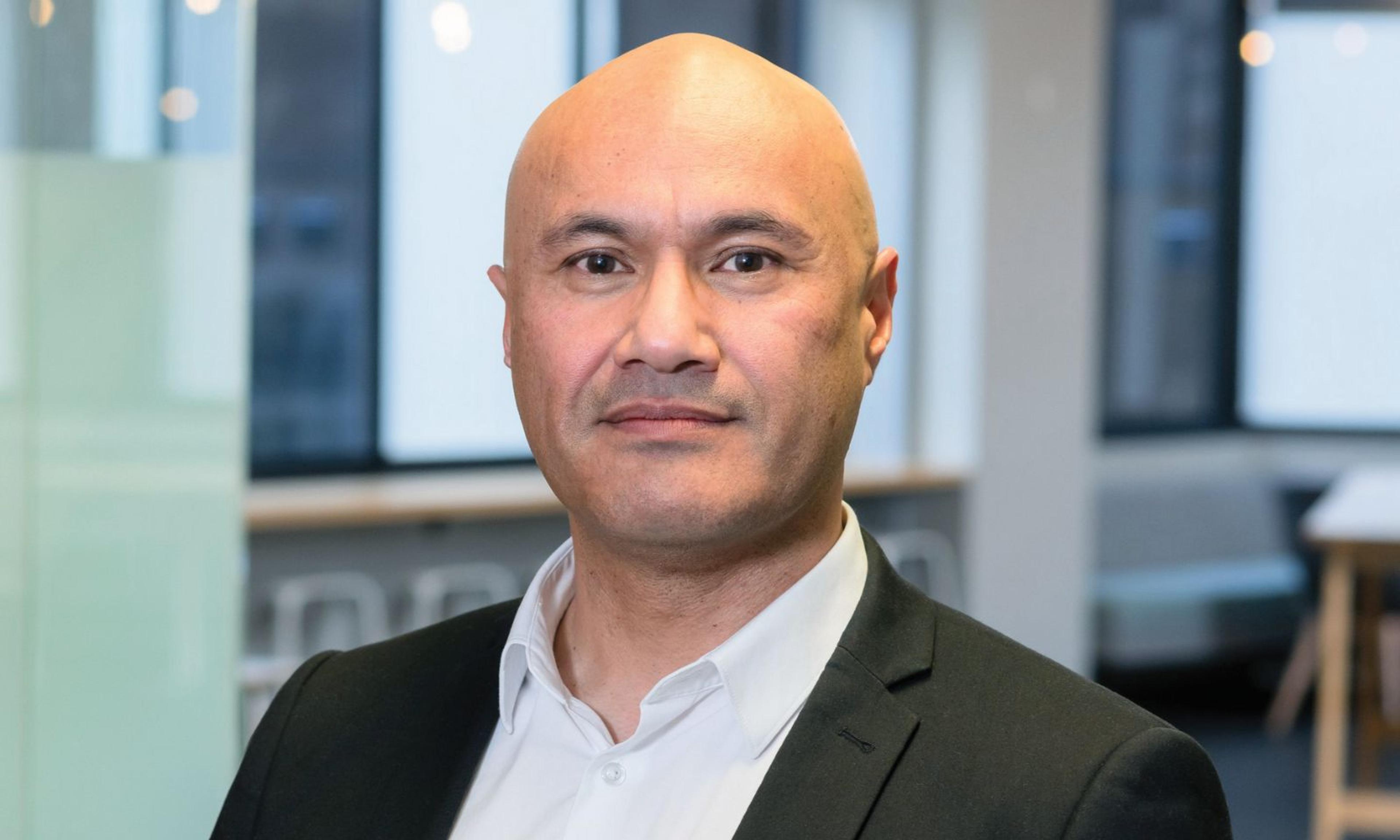




Fijian-Rotuman becomes first ever V8 Supercar driver of Pacific heritage

Progressive steps are being taken to improve mental health care accessibility in hospitals across the motu.
Minister for Mental Health Matt Doocey announced the initiative to implement a new mental health and addiction peer support service in hospital’s emergency departments.
The aim is to have better outcomes for individuals who seek crisis help while freeing up clinical staff to deal with clinical work.
In a statement, Minister Doocey says at least between 13,000 and 14,600 people present annually to Emergency Departments (EDs) with mental health issues - however, with a lack of reliable data the number is likely to be higher.
Tongan psychiatrist Dr Siale ‘Alo Foliaki spoke on 531pi's Pacific Mornings and he believes there is potential for the proposed model to benefit everyone going through hospital EDs.
“My expectation is that it would be helpful," he says.
“The critical issue is when people come into our department with mental health and addiction issues, they’re distressed.”
But he says evaluation and testing needs to happen to ensure outcomes are as expected and realistically achievable.
Dr Foliaki says Middlemore hospital’s ED is one of the busiest in the country that sees an “ethnically diverse group of people” suffering a wide range of serious mental health issues.
“There’s a portion of people that come under the influence of substances…that make it really difficult for them to manage their behaviour until the substance leaves their system.”
“If they’re waiting in a waiting area without somebody attending to their needs then the individual and their families’ emotional distress can escalate.”
In those high-intensity circumstances, having emotional understanding from individuals with lived experiences, those who have triumphed through their own mental health and addiction issues can help de-escalate situations.
Dr Foliaki says for those patients dealing with acute periods of illness, that common ground can be more reassuring of a positive recovery.
“If they get a nice quiet space to go to, they get somebody who looks like them, talks like them, has experiences like them. (Who) can be culturally sensitive…match people from similar backgrounds to support people coming into our ED."
Dr Foliaki believes improved engagement could allow for clinical staff to carry out their duties without having to get involved in hyper critical conditions.
Watch the full interview with Dr Siale ‘Alo Foliaki below.
